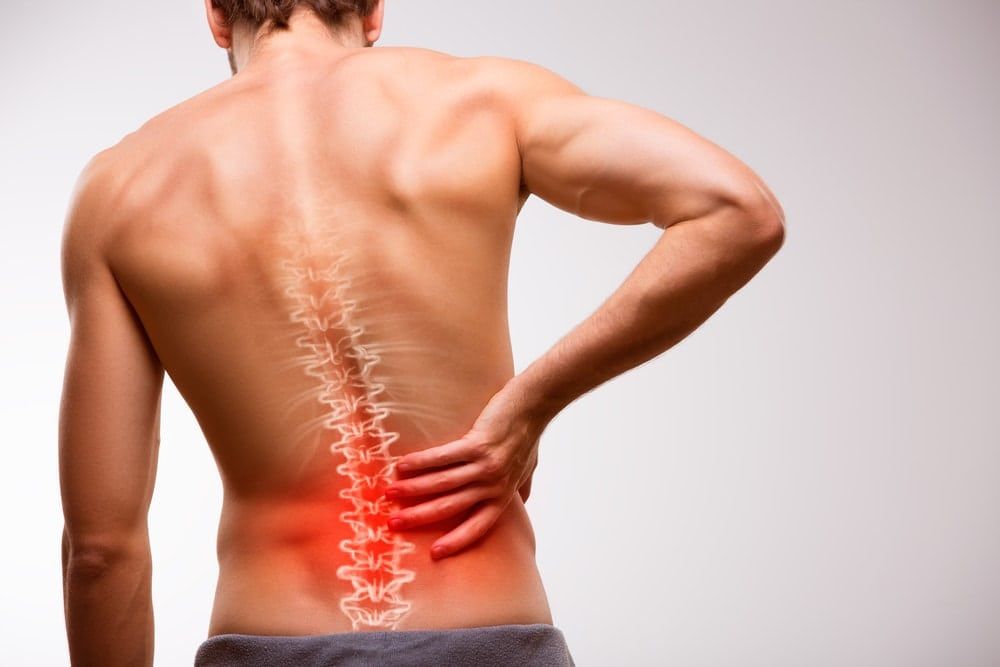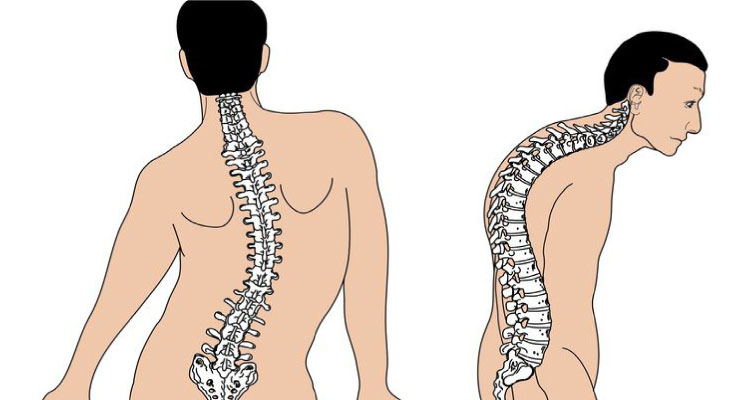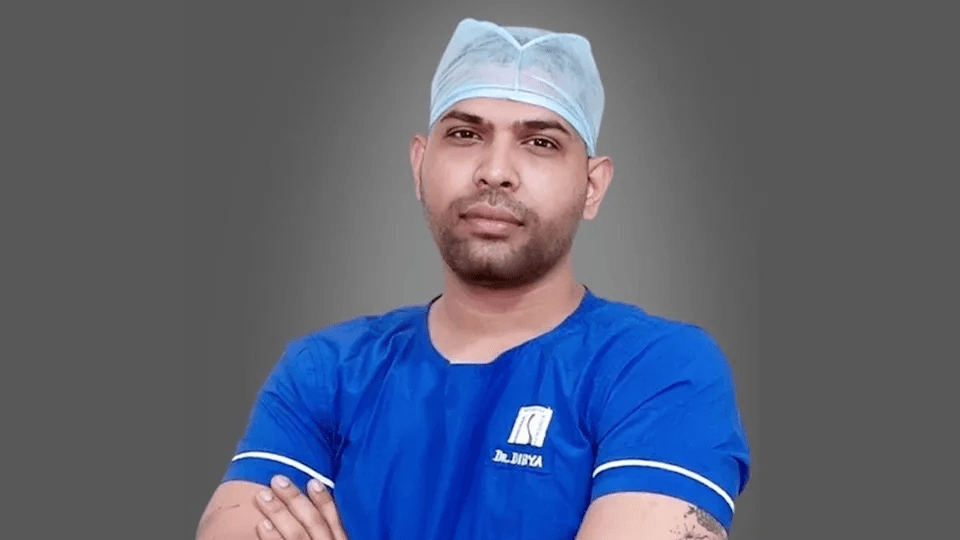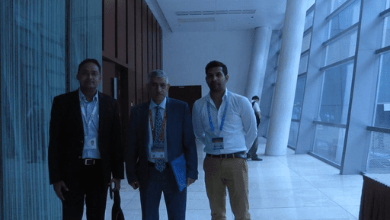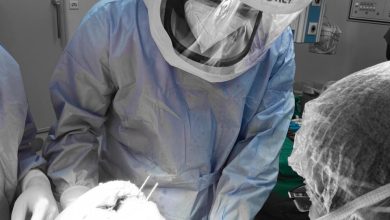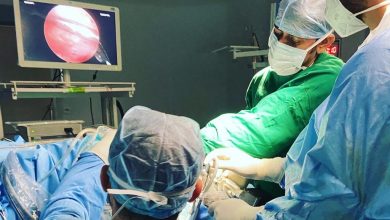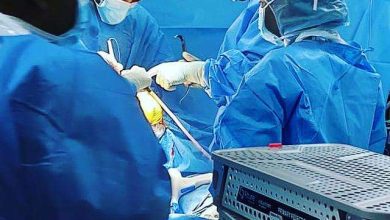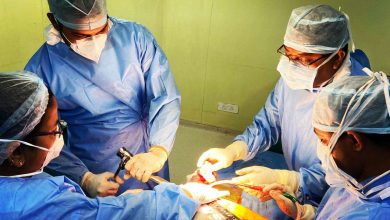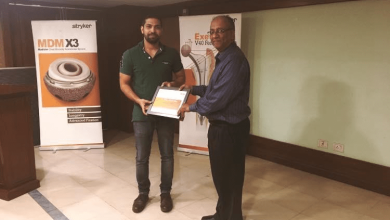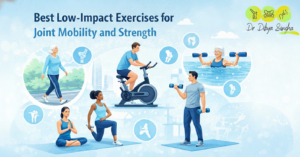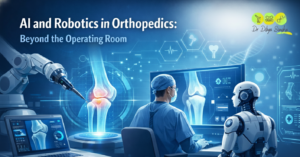Joint pain and stiffness can make even simple daily activities...
Read MoreOrthoone
Phone Number
+91 9439537777, +919439018585
Email ID:
drdibyasinghadas@gmail.com
Clinic Address
Besides SBI ATM, Near Apollo Pharmacy, Acharya Vihar Square, Acharya Vihar-JaydevVihar Road, Bhubaneswar, Odisha, Pin-751022


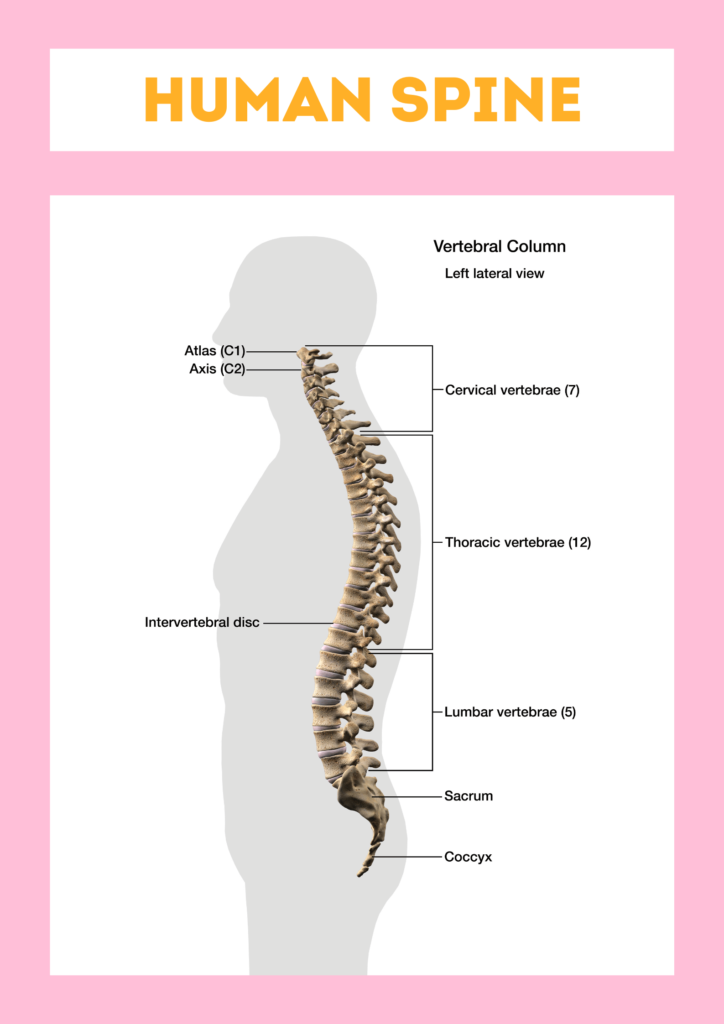 Spine surgery is a medical procedure performed to treat various spinal conditions that may cause pain, discomfort, or disability. The surgery’s goal is to correct the underlying problem affecting the spine and relieve the associated symptoms.
Spine surgery is a medical procedure performed to treat various spinal conditions that may cause pain, discomfort, or disability. The surgery’s goal is to correct the underlying problem affecting the spine and relieve the associated symptoms.